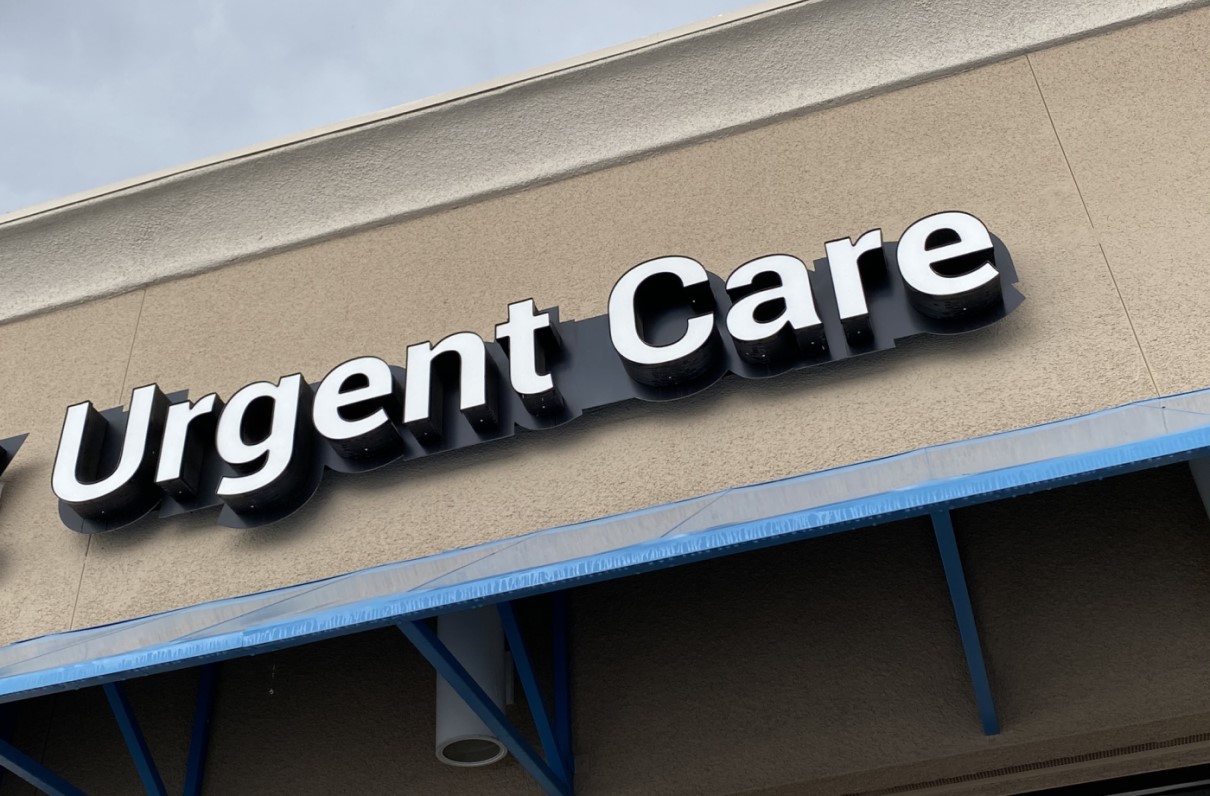The DoD budget request, released as part of the administration’s budget proposal to Congress on May 28, includes some limited details on TRICARE utilization trends. MOAA is concerned the budget narrative related to civilian urgent care use may indicate a potential threat to referral-free urgent care for TRICARE Prime beneficiaries.
The request cites rising private-sector urgent care utilization as a factor in the department’s TRICARE cost increases. This could serve as an early warning sign toward targeting referral-free urgent care in future cost savings efforts; such a move would represent a significant step backward for beneficiaries’ access to timely, appropriate care.
Urgent Care: A History
For many years, beneficiaries on TRICARE Prime were required to obtain a referral prior to visiting a civilian urgent care facility. This posed a problem for many military families because the need for urgent care sometimes arose when primary care managers (PCMs) who make TRICARE referrals and/or military treatment facility (MTF) staff were unavailable or inaccessible: Evenings, weekends, holidays, or when the family was traveling or PCSing, for example.
Also, military hospitals and clinics across the direct care system varied in their willingness to refer families to urgent care when MTF acute care appointments were fully booked (and therefore unavailable). For many military families in a variety of circumstances, emergency department (ED) care became their only option – even for non-emergency medical issues such as an ear infection or strep throat.
This led to inconvenience and frustration for both military families and ED clinicians. It meant families sometimes had to seek care in the ED when a venue with lower cost to DoD would have been more appropriate. It also meant that some families delayed or deferred necessary care or paid out of pocket to be seen at a civilian urgent care facility.
[KNOW YOUR BENEFIT: MOAA’s 2020-21 TRICARE GUIDE]
MOAA appreciates that Congress addressed this issue several years ago – first with a referral-free urgent care pilot program in the FY 2016 National Defense Authorization Act (NDAA) and then with a provision in the FY 2017 NDAA that authorized access to urgent care without the need for preauthorization, making the pilot obsolete by prompting a TRICARE policy change to allow unlimited self-referred urgent care visits for TRICARE Prime beneficiaries.
Since May 2016, referral-free urgent care has provided a critical relief valve when acute primary care isn’t available or accessible, particularly in the direct care system. A June 2018 DoD report to Congress (PDF download) found while private sector urgent care volume rose 13% from FY 2016 to FY 2017, much costlier ED encounter volume fell 6% during the same time period. According to beneficiary surveys, 92% of urgent care pilot participants were satisfied with the increased access to care under the pilot. The report also documented the positive impact of the TRICARE Nurse Advice Line in directing beneficiaries to the appropriate care setting.
The former urgent care referral requirement led to suppressed demand for acute care that was not visible to the military health system. It is not surprising that readily available urgent care has led to increased demand for acute care that used to be deferred or delayed.
What’s Next
MOAA understands the importance of utilizing direct care system capacity when available and ensuring military families get the right care in the right setting. We look forward to working with the Defense Health Agency to fully understand private sector urgent care and ED utilization rates and trends.
We also stand by to help raise awareness of the Nurse Advice Line (1-800-TRICARE, select Option 1; or chat online), a valuable service that allows military families to get health care advice from a registered nurse, obtain recommendations for the most appropriate level of care, and schedule same- or next-day appointments at the military hospital or clinic where the beneficiary is enrolled (when available).
Do you have perspectives on referral-free urgent care for TRICARE Prime families? Please share them with us at legis@moaa.org.
MEDIPLUS® TRICARE Supplement
Works hand-in-hand with your Select or Prime Plan. Count on valuable protection.

